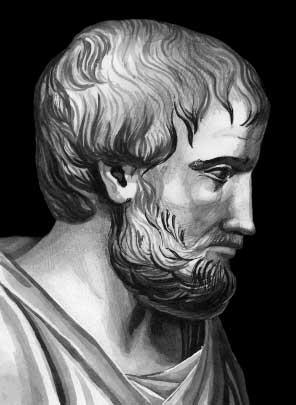
Photo courtesy of iStockphoto
Ethics and Law are the themes for Realizing Resonance for the month of September. These are among the richest of philosophical topics, and are closely related concepts. Ethics deals with questions of morality, character and conduct, right and wrong, duty and dereliction, prize and punishment, pleasure and pain, what is good and what is bad in life. Law also deals with many of the same questions, often codifying our shared ethical values into official rules of right action for the good of the society, and maintaining Law as an institutionalized system of legislation, enforcement, and adjudication of norms. Ethics and Law are clearly not identical however, since ethical notions like courage don’t seem to fall within the Law, and legal rules can be considered both just and unjust, implying a divergence from purely ethical enactment and application of the Law. There are many books I would like to read on these topics, so it has been very difficult to settle on just one.
My Resolution to Read for September is…

Photo courtesy of iStockphoto
The Nicomachean Ethics is a volume composed of ten books, which establishes Aristotle’s theory of the good life and what it takes to live it. In this classic work, Aristotle covers in great detail the concepts of happiness, the doctrine of the mean, moral virtue, justice, intellect virtue, continence, friendship, and pleasure. Aristotle treats each of these topics in a rigorous, systematic, and categorical way, providing a comprehensive theory of Ethics, touching upon all dimensions of human life. For example, he lays out an account of the different sorts of friendships there are by comparing them with the different six types of governments, those of the tyrannical, monarchical, oligarchic, aristocratic, democratic, or timocractic sort. Other gems are his account of the eleven morale virtues of courage, moderation, generosity, magnificence, magnanimity, ambition, gentleness, truthfulness, wittiness, friendliness, and justice, as well as his description of the intellectual virtues of art, science, prudence, wisdom, and intellect.
If you are wondering why I seem to know so much about a book that I have not read yet, it is because I have experienced much derivative material on Aristotle, lectures, podcasts, audio books, Wikipedia and such, so I already know what to expect in a general sense. I am excited to read about some of the moral virtues that have not come up in detail in my studies so far, particularly the virtues related to money, generosity and magnificence, and that partial aspect of justice dealing with distributive justice. I am interested in the intersection between Ethics, Law and economics, and looking forward to seeing how my own understandings of these notions stack up against Aristotle’s views. Another goal of mine, in reading The Nicomachean Ethics, is to get a deeper grasp on Aristotle’s doctrine of the golden mean. I think that a consideration of the mean between two extremes, within the realm of money and economics, will give me new insight into the contemporary dilemmas and debates around the world over fiscal policy.
Happy Readings!
Jared Roy Endicott


